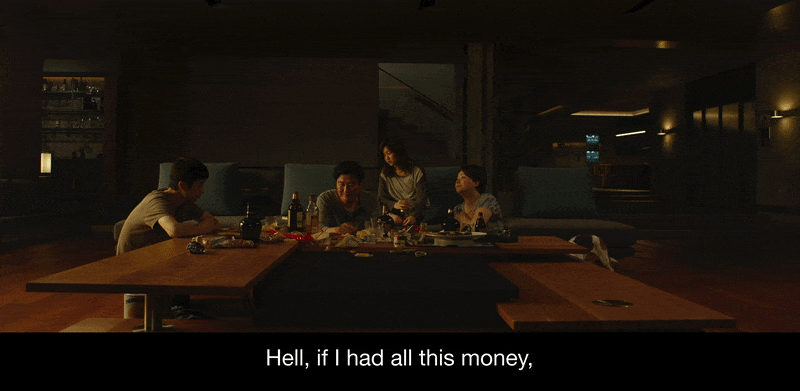How Parasite Is A Haunted House Story
Horror capitalism
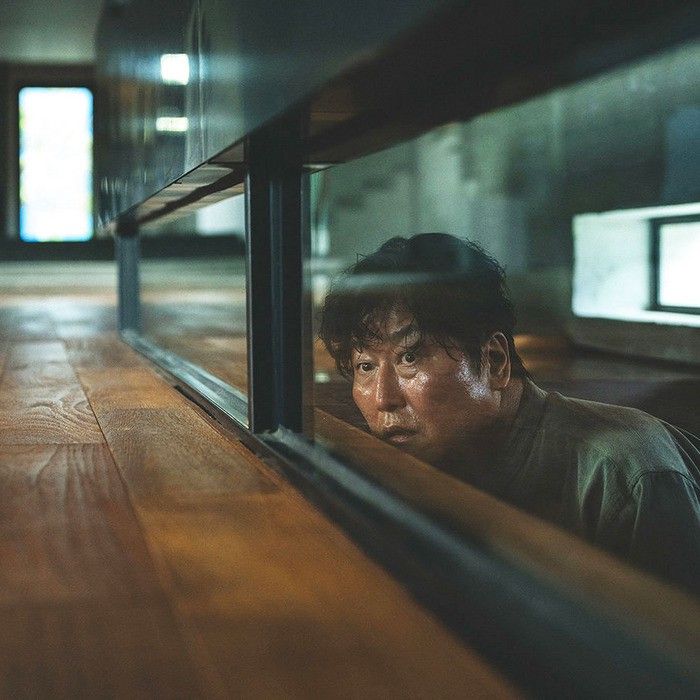
It’s tempting to see Parasite as a story about good and bad people. But it’s not about people at all. It’s about a house.
There are two families in the film — the rich Parks and the poor Kims. Most critics analyze those characters, but I think that misses the point. Ultimately, it’s a classic horror movie and they’re all possessed by a haunted house. But it’s not haunted by anything supernatural. It’s haunted by class.
If Bong Joon-ho had shot the film from the perspective of the Parks, this would be a standard stalker/home-invasion film, like The Hand That Rocks The Cradle. The Kims show up, isolate the family and cut off its head. They’re the bad guys.
But that’s not what Bong shot.
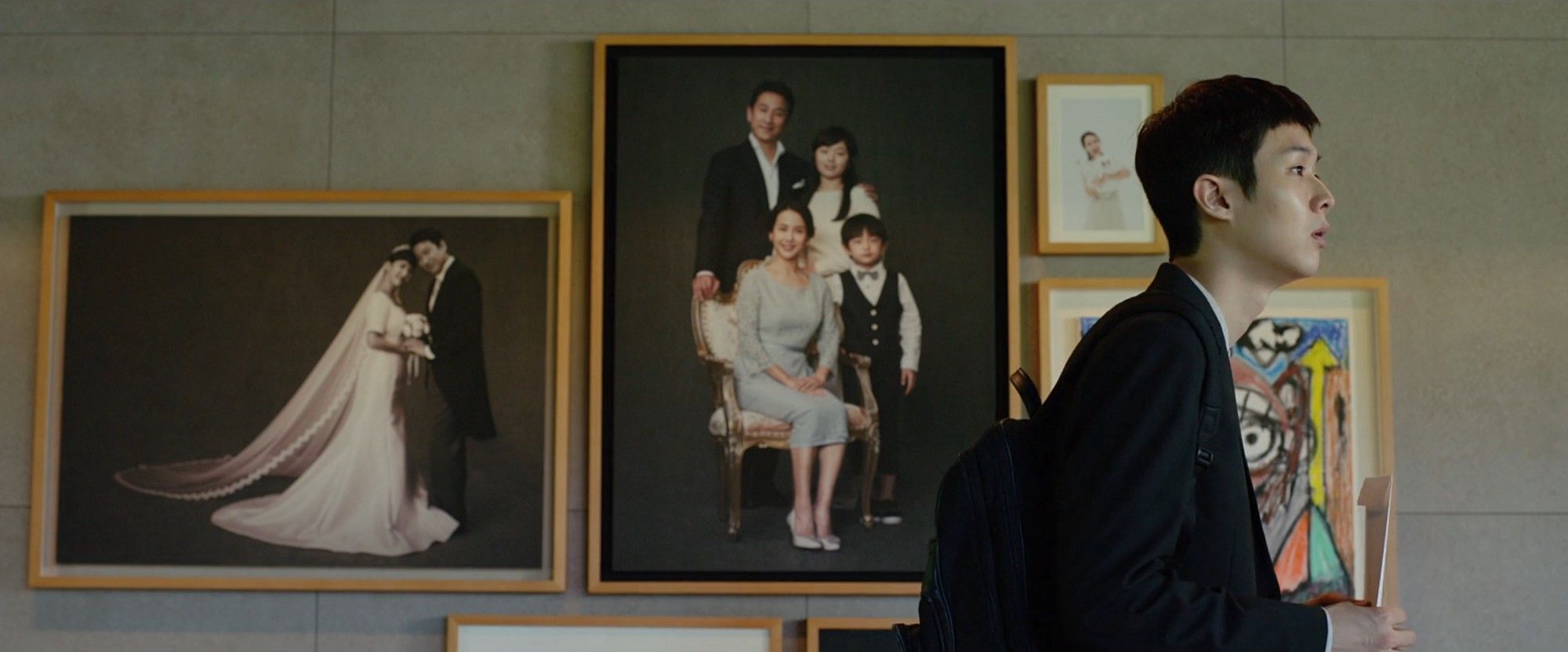
Instead, he shot from the Kims perspective. We start with the Kims and we stay with them till the end. We’re their co-conspirators. We laugh with them, we cry with them, we’re somehow rooting for them to win.
And yet, they’re awful. Seducing children, lying, killing, stealing. This isn’t a clear poor vs. rich battle like the Korean superhero movie Psychokinesis. The poor people are objectively bad, and yet not the bad guys.
So who is the hero and who is the villain? What’s even going on here?
My argument is that the villain is the house. The house is haunted by class, and capitalism, a rigid edifice that ultimately destroys them all.
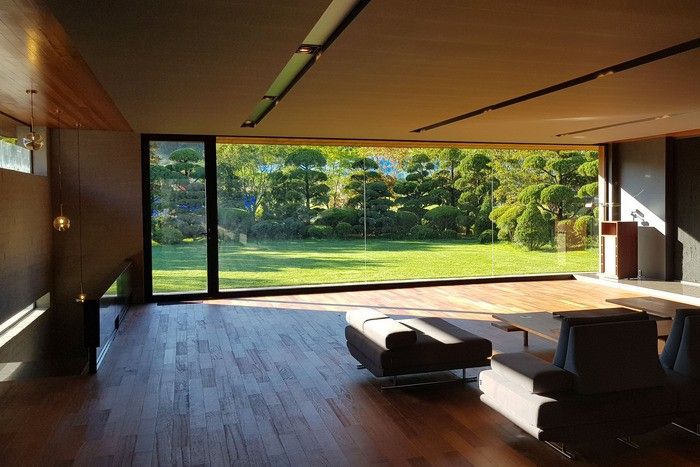
The Park home is beautiful, and obscene. Seoul is one of the most advanced and expensive cities in the world, and the Parks have a lawn. This is insane.
This is late-stage capitalism — the hoarding of immense wealth in the face of people that have so little. The sheer wealth of the house possesses everyone that enters it.
Hence it’s not a case of the Parks being evil people. They’re generous, even gullible. Their worst sin is whispering that the help smells like radishes. What Bong skillfully portrays is not class embodied by evil people, but class embodied by an evil house. It’s a system, not a person.
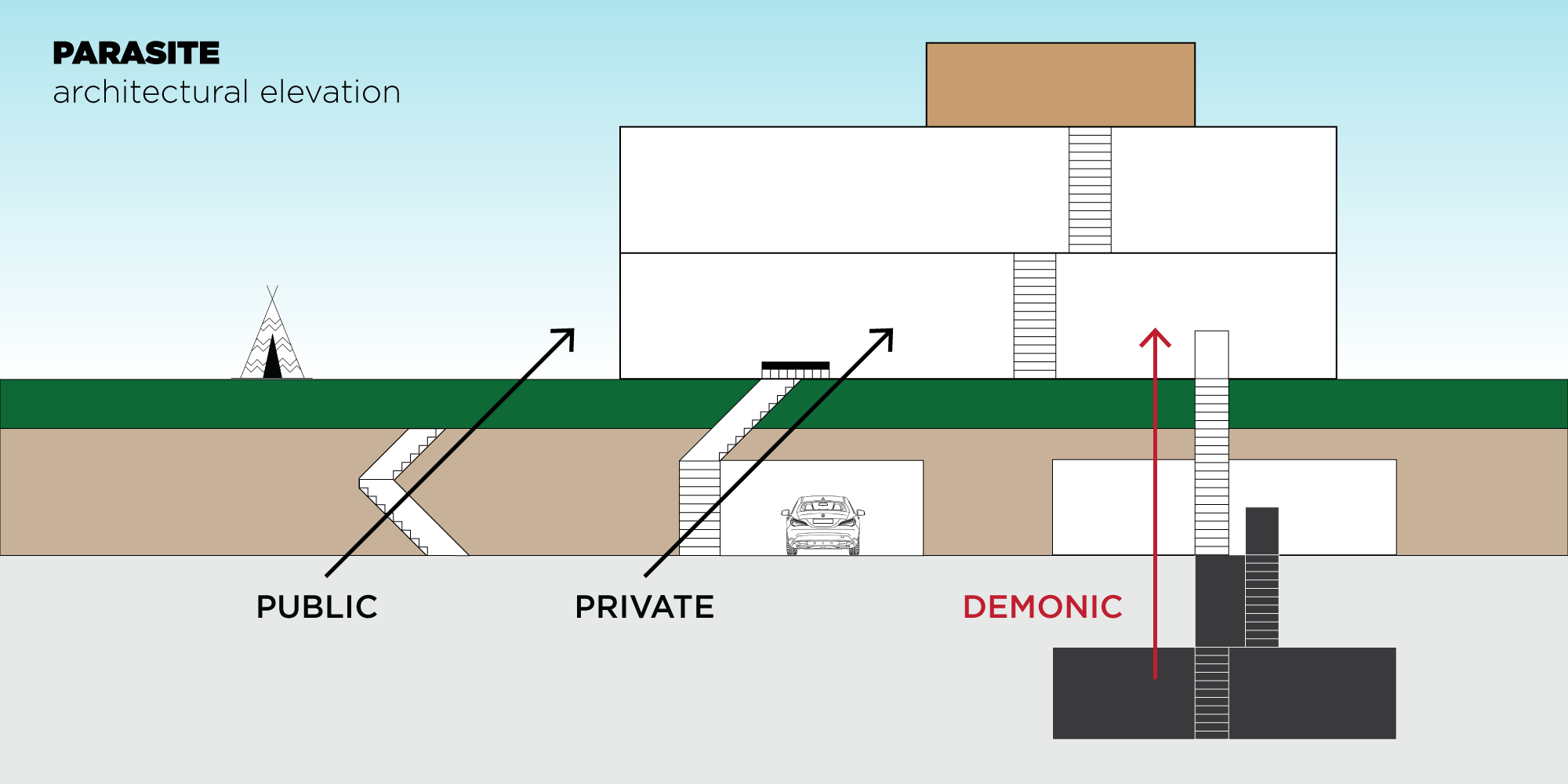
The house is full of stairs. It proceeds across levels, mirroring the class system. On the first floor, the Kim family can see the fruits of wealth, but not touch. On the second floor — tutoring the Parks daughter — Ki-Woo can dream of marriage, of touching, of belonging. But he cannot.
Because all is not as it seems. The house is haunted.
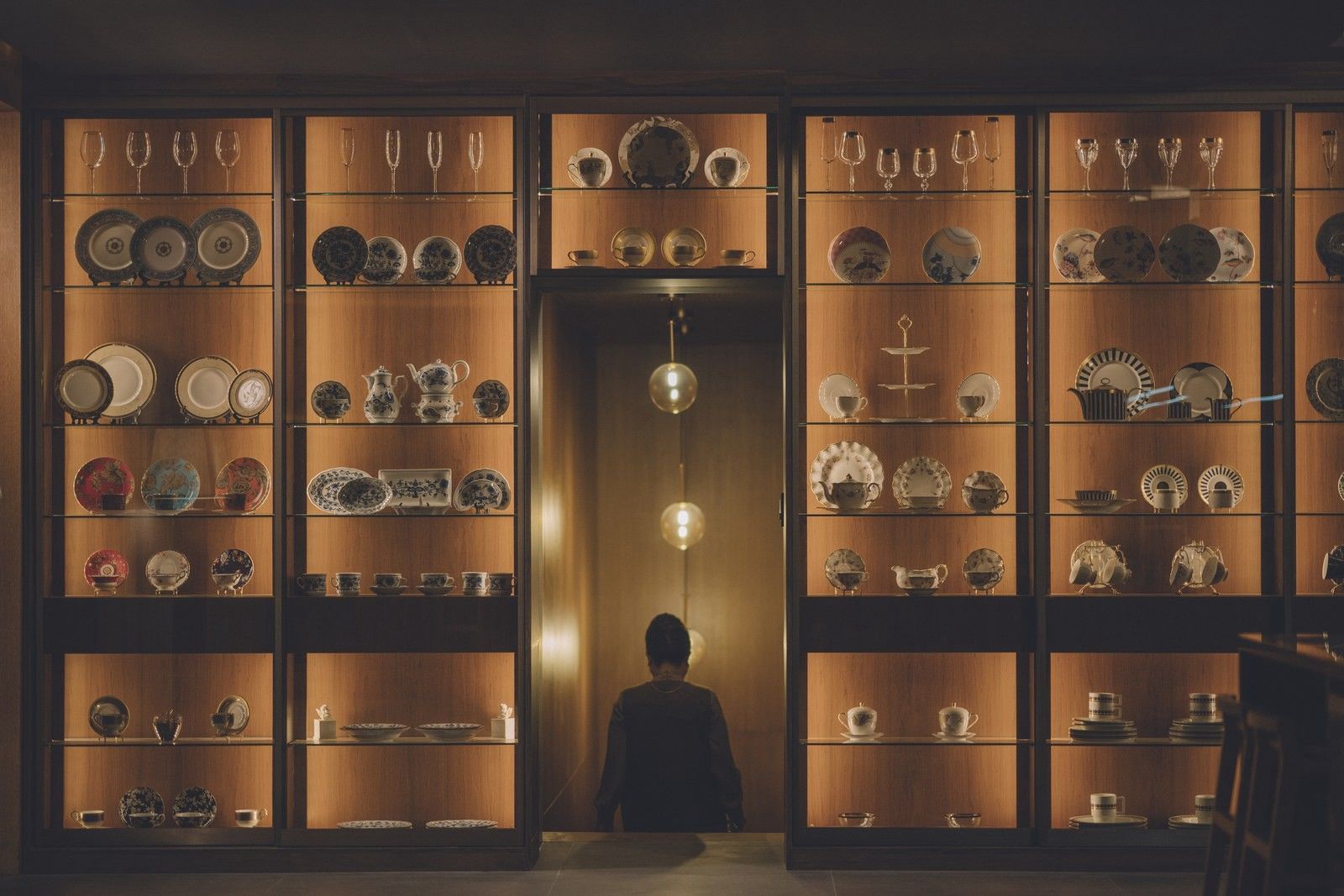
Deep beneath the kitchen, beneath the storeroom, there is an old bomb shelter. In that bomb shelter there is a man, effectively a ghost, hiding from his debts. He is a person that capitalism has killed, but the body remains.
One dark and rainy night, the Kims open that door, and unleash all the demons of capital and class, a storm that washes them down the stairs, out of the house, down the street, down even more stairs, and back into their flooded semi-basement home.
Like many horror movies, there is one door they must not open, and they open that door.
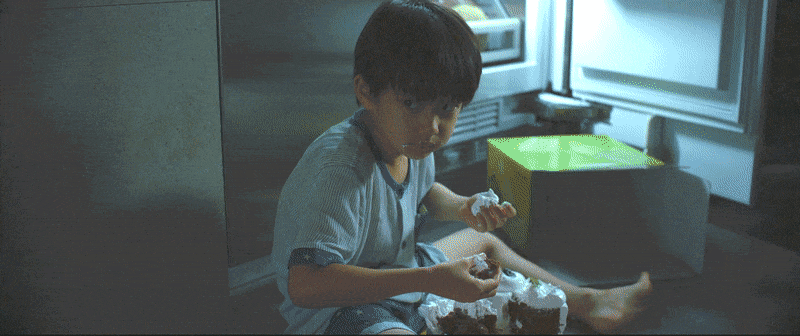
In this way, who’s good or bad? What does it matter? The whole foundation is literally rotten to its core. The Parks, the Kims, Moon-gwang and her ghost husband Geun-sae, they’re all possessed. They’re blind to each other, blind to themselves, blind to the structural inequality they live in. It’s literally structural inequality. It’s the house.
